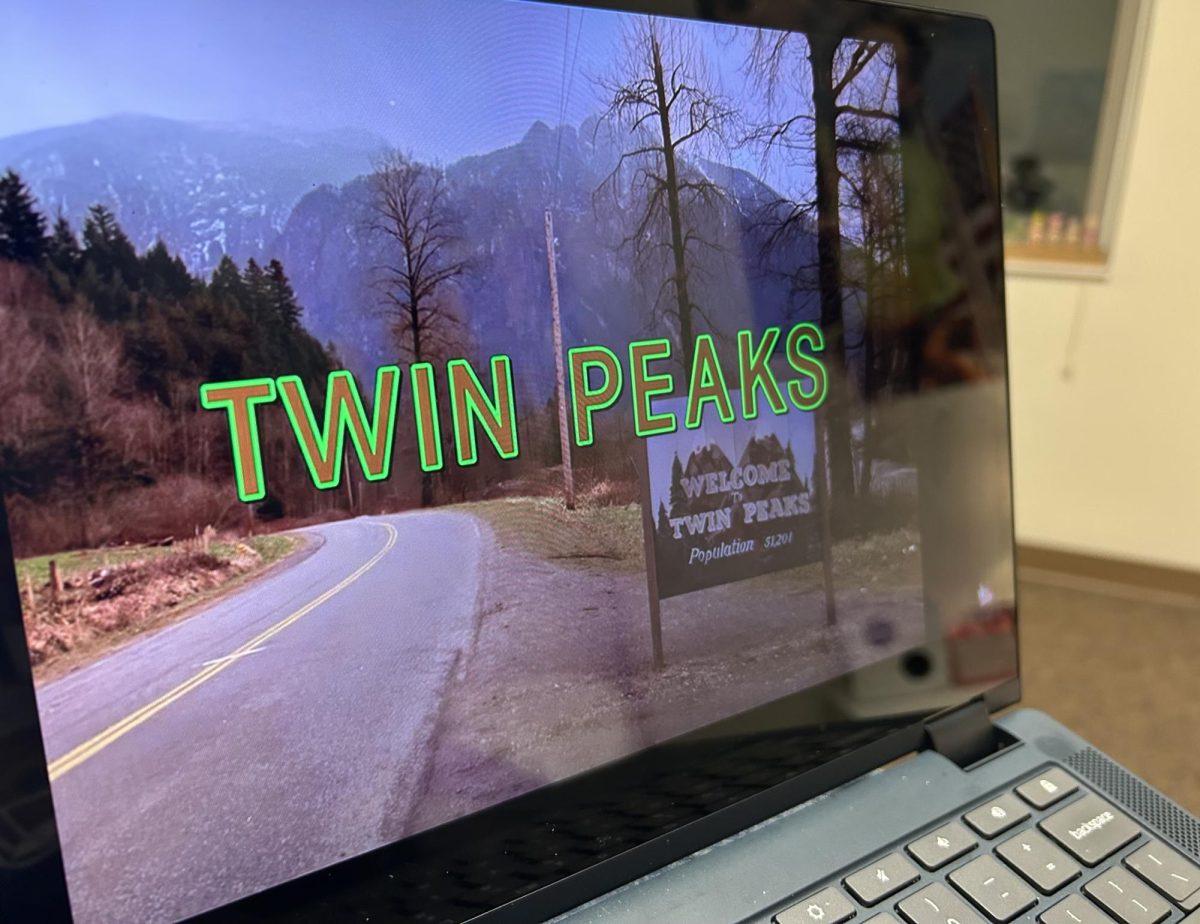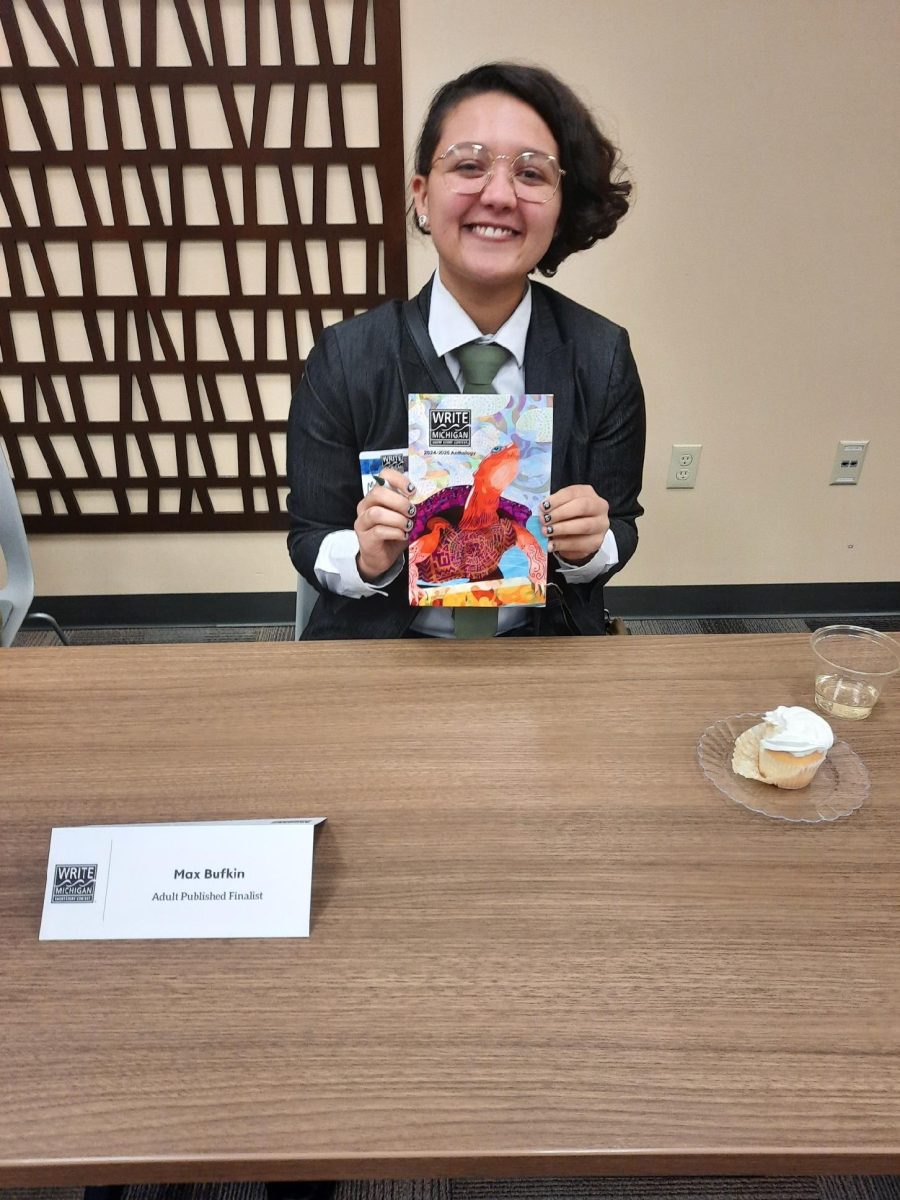Following the passing of famed filmmaker David Lynch on Jan. 15, 2025, many Grand Valley State University film students and professors are remembering his life and legacy. Lynch was known for the uniquely experimental quality of his work, demonstrated in the films “Eraserhead” and “Blue Velvet,” and the television show “Twin Peaks.”
GVSU Film and Video Professor Ryan Copping said that Lynch had an enormous impact on the film community.
“David Lynch is responsible for a lot of people becoming filmmakers,” Copping said. “His work is unique, influential and (so) moving to a lot of people that they decide to enter the film industry to become film artists.”
Copping added that the distinctiveness of Lynch’s work lends difficulty when categorizing it.
“His work, I would say, is kind of a horror-adjacent,” Copping said. “A lot of his movies are very disturbing, dark (and use) a lot of horror imagery, but they’re not exactly horror films. I think that’s the unique quality of his work.”
GVSU Film and Video Professor Spencer Everhard agrees with Copping’s view of Lynch’s work, and said Lynch has impacted him personally.
“The surface-level assumption about (Lynch) is that he made dreamlike, surreal (and) weird movies,” Everhard said. “Those are perfectly fine descriptors, but they also underestimate the enormous depth of feeling and meaning that Lynch expresses with his filmmaking.”
Copping said his favorite Lynch film is “The Elephant Man,” a movie released in 1980. The film focuses on a man with a bone-related disease that disfigures him. The audience is left with the mystery of what “The Elephant Man” truly looks like.
“By doing that, (Lynch) really makes you, the audience, question how you have contributed to judging people based on disabilities they have or (how) they look,” Copping said. “I think in many ways, it is a very humanistic movie and it’s kind of a beautiful movie in a certain sense.”
Everhart added that his favorite Lynch film is “Mulholland Drive,” a critically acclaimed movie that won the 2001 Cannes Film Festival Award for Best Director. It is also the film that Everhart said played a pivotal point in reshaping his conceptions of cinema’s possibilities.
“After many years and many re-watches, I always find it immensely moving, and I’m still overwhelmed by its true sense of mystery,” Everhart said. “(This) is a quality in movies I find myself cherishing more and more as I get older.”
Both film favorites, while distinctive from each other, demonstrate the uniqueness of Lynch’s style and share a look into his creative mind.
“I think his legacy will live on in his art and his work will continue to have an impact, both because of its power and the simple fact that we will never have another film artist like him,” Everhard said. “As time goes on, his singular qualities will seem even sharper and it will become clear how much he is a figure unique to a particular context who only could have come out of a certain place and a certain time.”
Copping shares Everhard’s sentiment that Lynch’s distinctive style will continue to set him apart and inspire others, even long after his passing.
“I don’t think you can make movies in the David Lynch style unless you’re David Lynch,” Copping added. “He (was) an utterly unique film artist and I think his best films will continue to be watched for a long time.”











